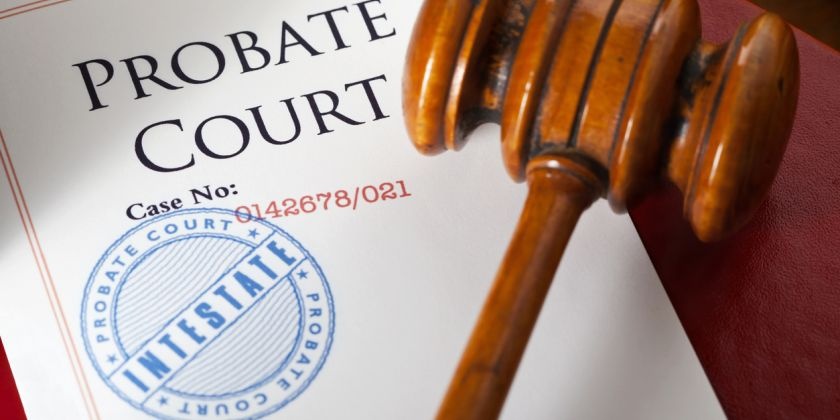What Happens If You Don't Have a Will

If you die “intestate” (without a Will), Washington State’s intestacy laws outline what happens. Here are some highlights from those intestacy laws:
Who will be executor of your estate. The following people, in order of preference, will be appointed as executor of your estate:
- Surviving spouse or state-registered domestic partner
- Children
- Parents
- Siblings
- Grandchildren
- Nephews and nieces
If there are more than one of these people (e.g., two children), those people have to be co-executors unless all agree to one person as executor. If none of those people step up to be executor, a creditor or the state can petition to be appointed as executor.
Who will get your estate. If you die without a Will and you are married, your estate will be characterized as community property or separate property and distributed as follows:
COMMUNITY PROPERTY
Assets acquired or commingled during marriage
SEPARATE PROPERTY
Assets acquired prior to marriage, gifts and inheritances received during marriage and kept separate.
All to surviving spouse
½ to surviving spouse
½ to children
> if no children, then to parents
? if no parents, then to siblings
? if no siblings, then to nieces and nephews
? if no nieces/nephews, then to grand-parents
? if no grandparents, then to aunts and uncles
? if no aunts/uncles, then to cousins
If you are not married, your estate will be distributed to your kids. If you don’t have kids, the same list as above for separate property (after kids) is followed.
Things get expensive. Without a Will, you cannot tell the court that you trust the person acting as your executor. So, to protect the creditors and heirs of your estate, the court can do a few things:
- Impose a bond; and/or
- Require full court intervention.
The bond requirement is kind of like an insurance policy – the estate purchases a bond to cover the value of the estate so if something bad happens the bond can cover the loss. The annual premium for a bond depends on the size of the estate and can be expensive. Further, the executor has to have good credit to get the bond, which can sometimes be tricky.
Full court intervention means the court is requiring the executor to come to court to obtain approval (in the form of a court order) for all actions taken by the executor on the estate’s behalf. The court will may impose this requirement if they feel the needs of the creditors or heirs would be best addressed with such court intervention. If you have an attorney, this increases the expense of a probate significantly.
Although full court intervention will always be required when an estate is insolvent (i.e., there is more debt than assets in an estate), you can waive the bond requirement and direct that the executor have nonintervention powers in a Will. This avoids the additional cost imposed by both these laws.
Published 10/07/2017.

